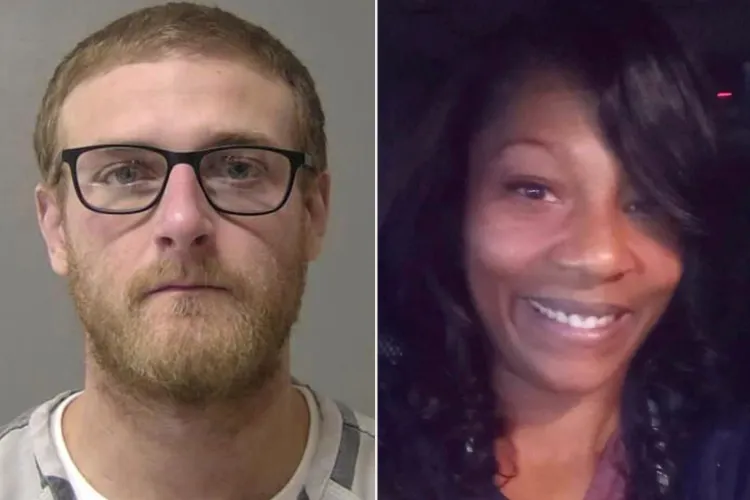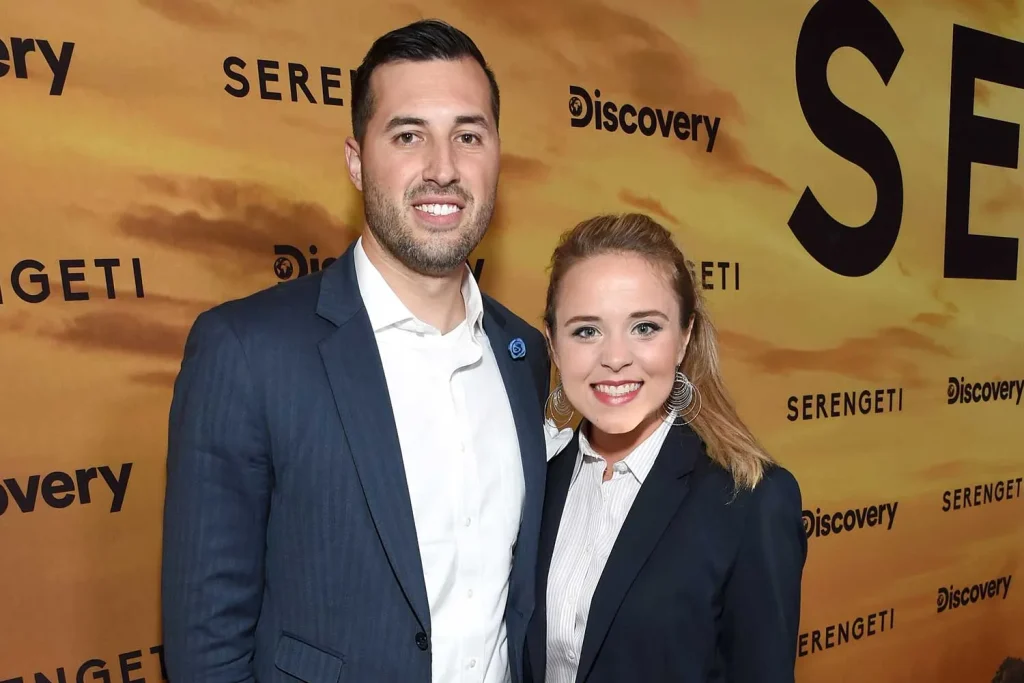Ex-Deputy Sean Grayson Convicted of Second-Degree Murder for the Killing of Sonya Massey, Who Called 911 for Help
It was supposed to be a night when help arrived. Instead, it became a tragedy that shook Illinois and captured national attention. On Wednesday, October 29, 2025, a jury found former Sangamon County sheriff’s deputy Sean Grayson guilty of second-degree murder in the killing of 36-year-old Sonya Massey, an unarmed Black woman who had called 911 because she feared someone was breaking into her home.
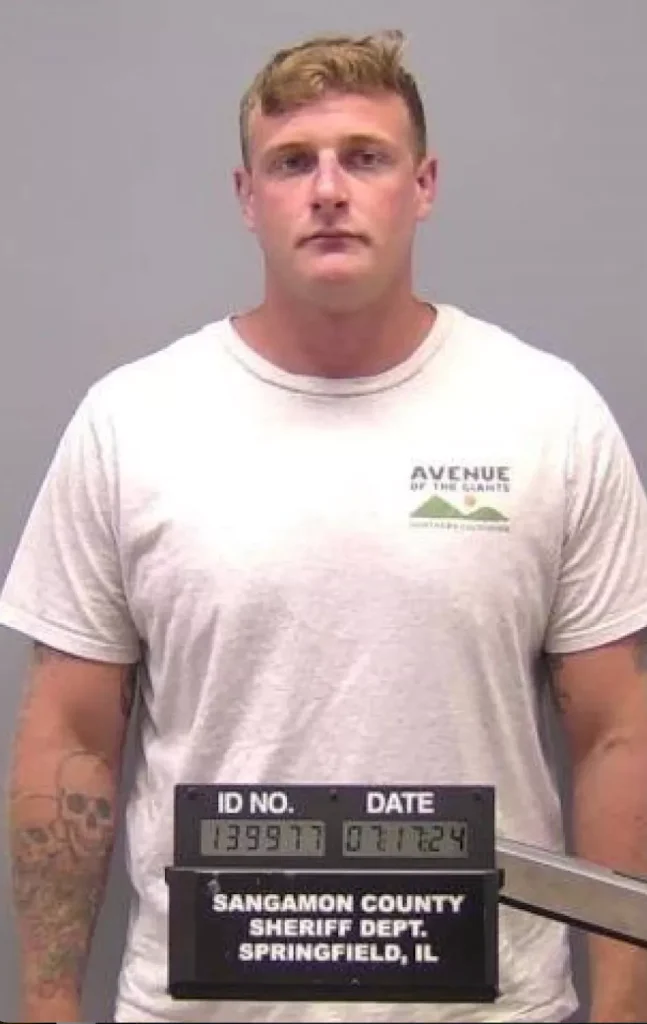
The events that led to that night still feel surreal to many who have followed the case. Massey, who lived in Springfield, had dialed 911 in fear after hearing noises inside her house. What happened next has since been described by prosecutors as an “unjustified and reckless abuse of authority.” When deputies arrived, they found no intruder. But in a span of minutes, an encounter that should have ended with reassurance and safety ended in gunfire.
According to court documents and testimony, Grayson entered the home along with another deputy. At some point during the interaction, Massey was told to put down a pot of boiling water she had been holding, fearing an intruder might attack. When she hesitated, Grayson shot her once in the face. The shot killed her instantly. Later, investigators confirmed that Massey was unarmed and posed no threat. The horror of the moment, recorded on Grayson’s body camera, was too disturbing for jurors to forget.
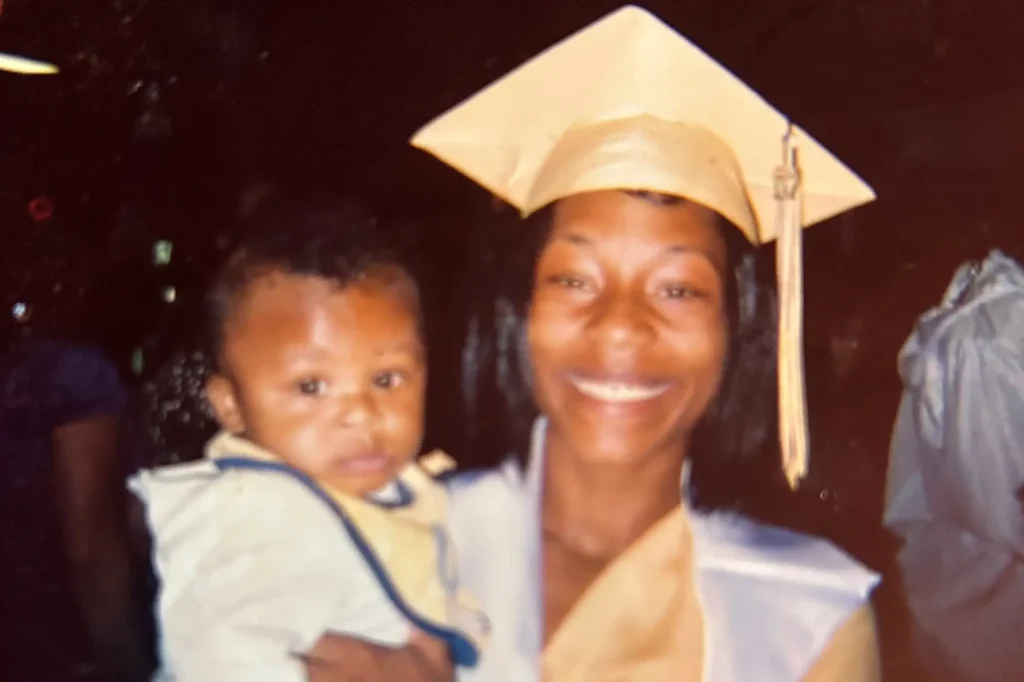
Throughout the trial, the prosecution emphasized how unnecessary the shooting was. They argued that Grayson’s decision violated both department training and human decency. They painted a picture of a frightened woman who had called for protection and instead met the end of her life at the hands of the very system meant to defend her. Grayson’s attorneys tried to argue that he reacted in panic, but jurors weren’t convinced.
The verdict came after days of emotional testimony. Friends and family of Sonya Massey filled the courtroom, many clutching hands or wiping tears as the guilty verdict was read. Her mother, speaking outside the courthouse, said through tears, “Justice has been served, but my baby’s gone. She called for help, and that call cost her life.”
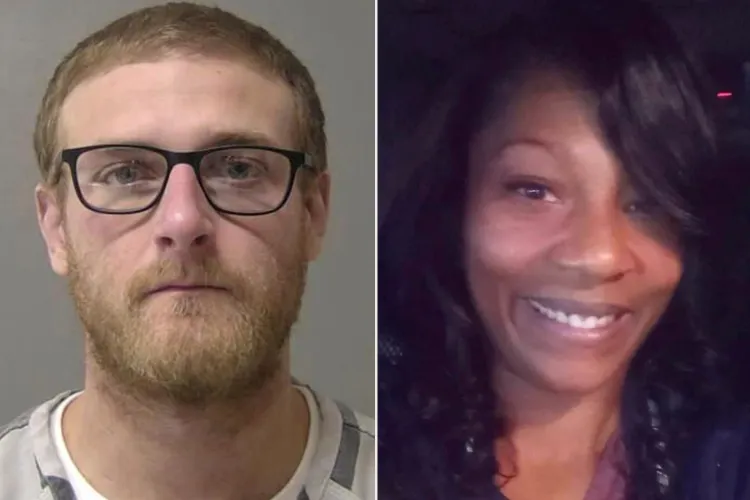
The state’s attorney’s office released a statement shortly after the decision, calling the ruling “a step toward restoring faith in accountability and justice.” For many residents in the community, the case had come to represent something much larger — a reckoning over police conduct and the fragile trust between law enforcement and the people they serve.
Illinois Governor J.B. Pritzker also commented, expressing condolences to Massey’s family and applauding the jury’s decision. “What happened to Sonya Massey should never have happened. Tonight’s verdict sends a message that no one is above the law,” he said in a statement shared on social media.
For months, activists had rallied in Springfield, holding vigils and marches in Massey’s memory. Signs reading “Justice for Sonya” became a common sight in downtown areas. Many said they weren’t just seeking justice for her but fighting for a future where no one would have to fear calling for help again.
Grayson, 31, showed little visible emotion as the verdict was read. The courtroom fell silent. He faces up to 20 years in prison when he is sentenced later this year. Prosecutors have indicated they will push for the maximum sentence, citing the reckless nature of his actions.
As the courtroom emptied, Sonya’s family embraced, their faces a mixture of sorrow and relief. There were no cheers, only quiet acknowledgment that something irreversible had been done — and that at least, after months of grief and waiting, there was accountability.
Outside, the wind carried the sound of quiet applause from community members gathered on the courthouse steps. They weren’t celebrating, exactly. They were honoring a woman whose name had come to symbolize both tragedy and the long, painful pursuit of justice.
It is hard to measure justice in moments like this. For those who knew Sonya Massey — a mother, a friend, and a woman who by all accounts was gentle and kind — no verdict can bring back what was lost. But perhaps it can bring something else: a reminder that systems can change, that truth can be seen, and that even when help fails, people can still stand together to demand better.
